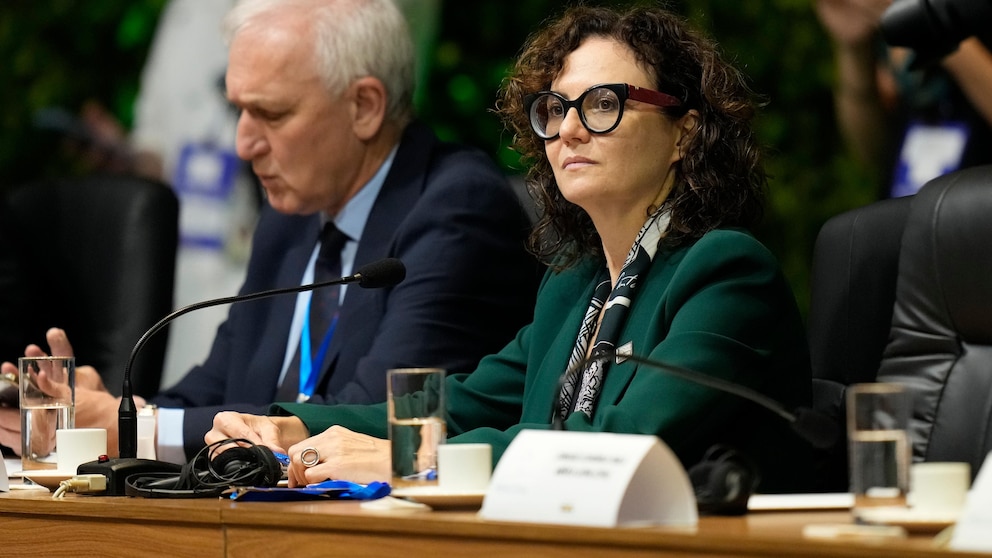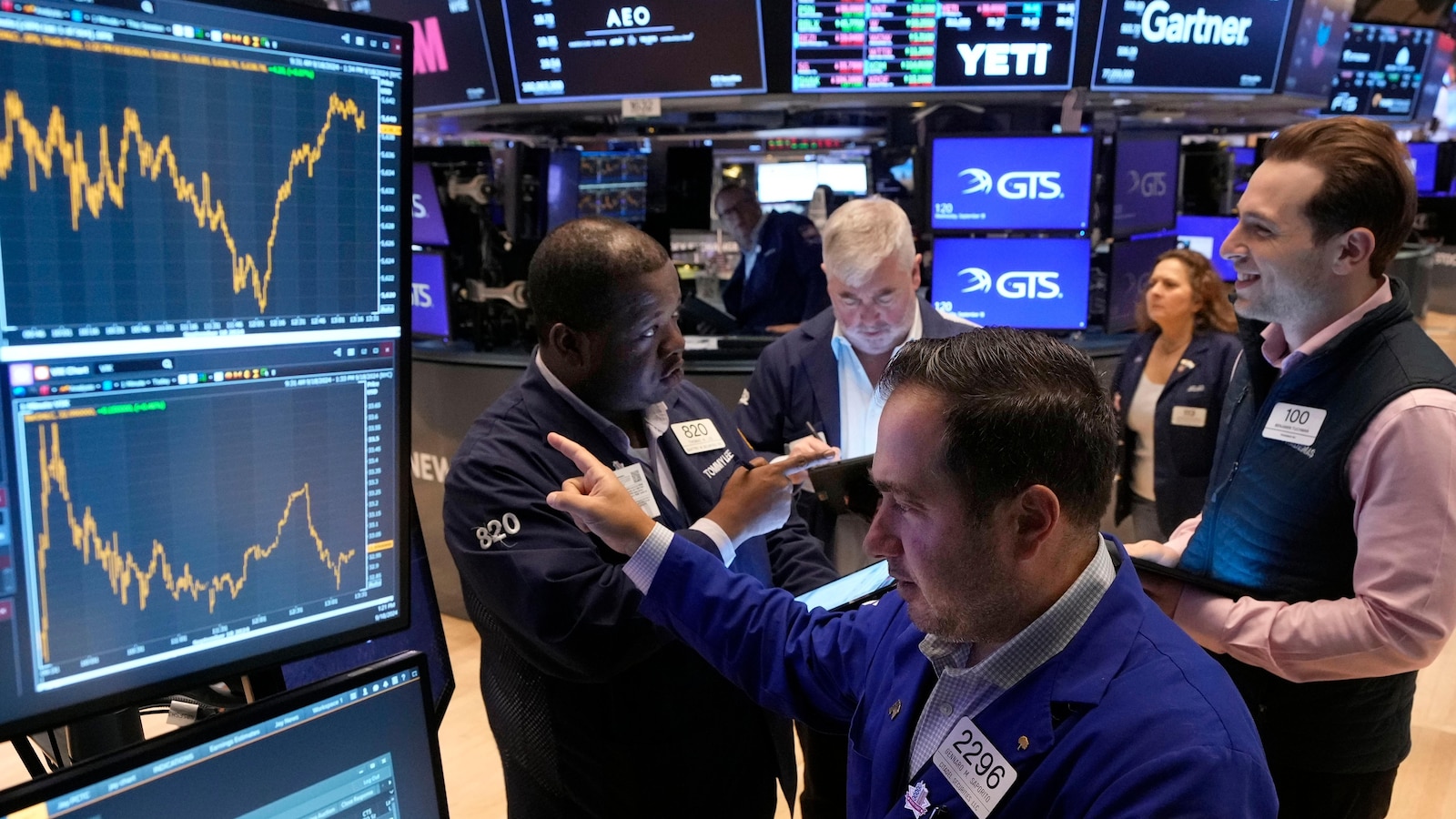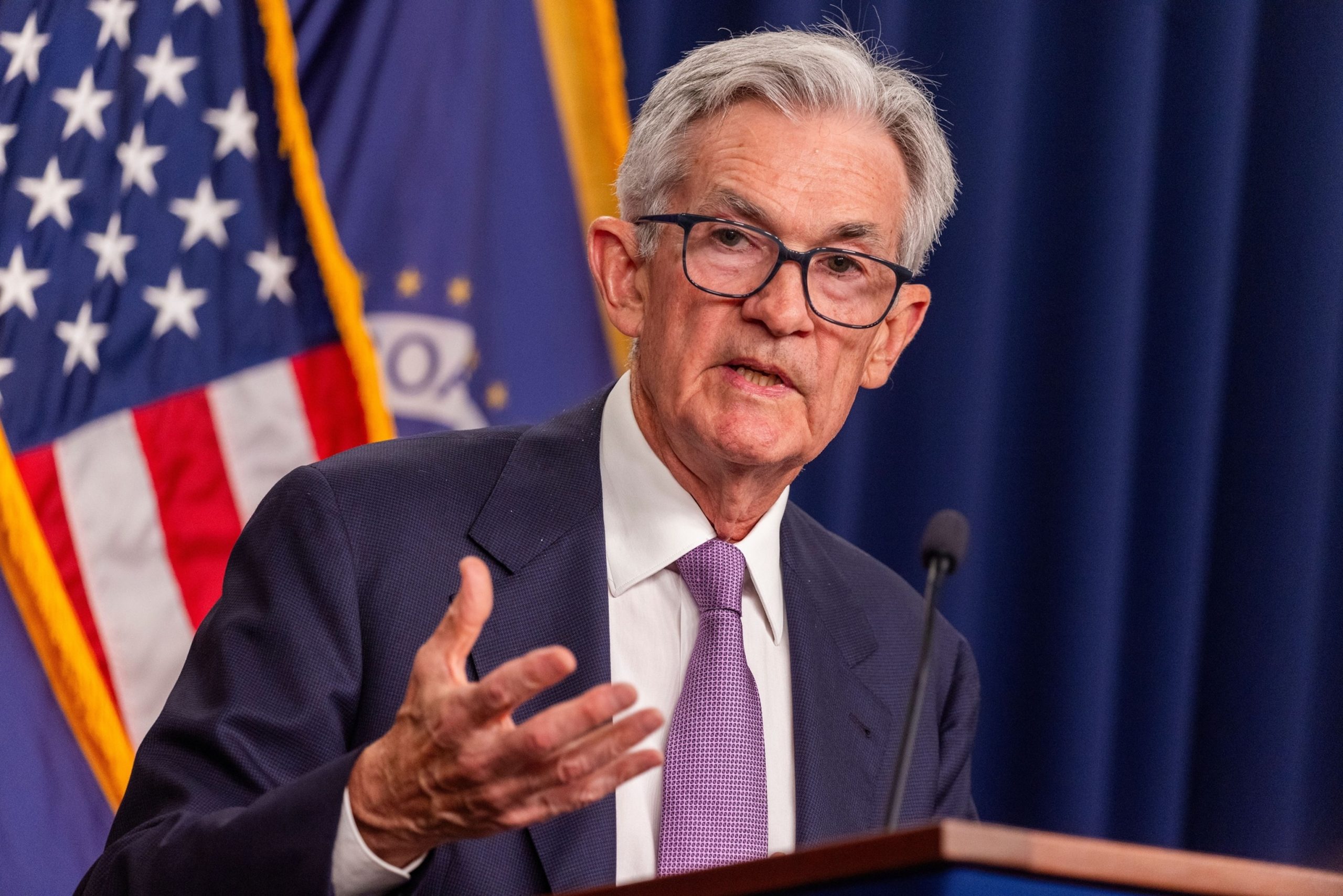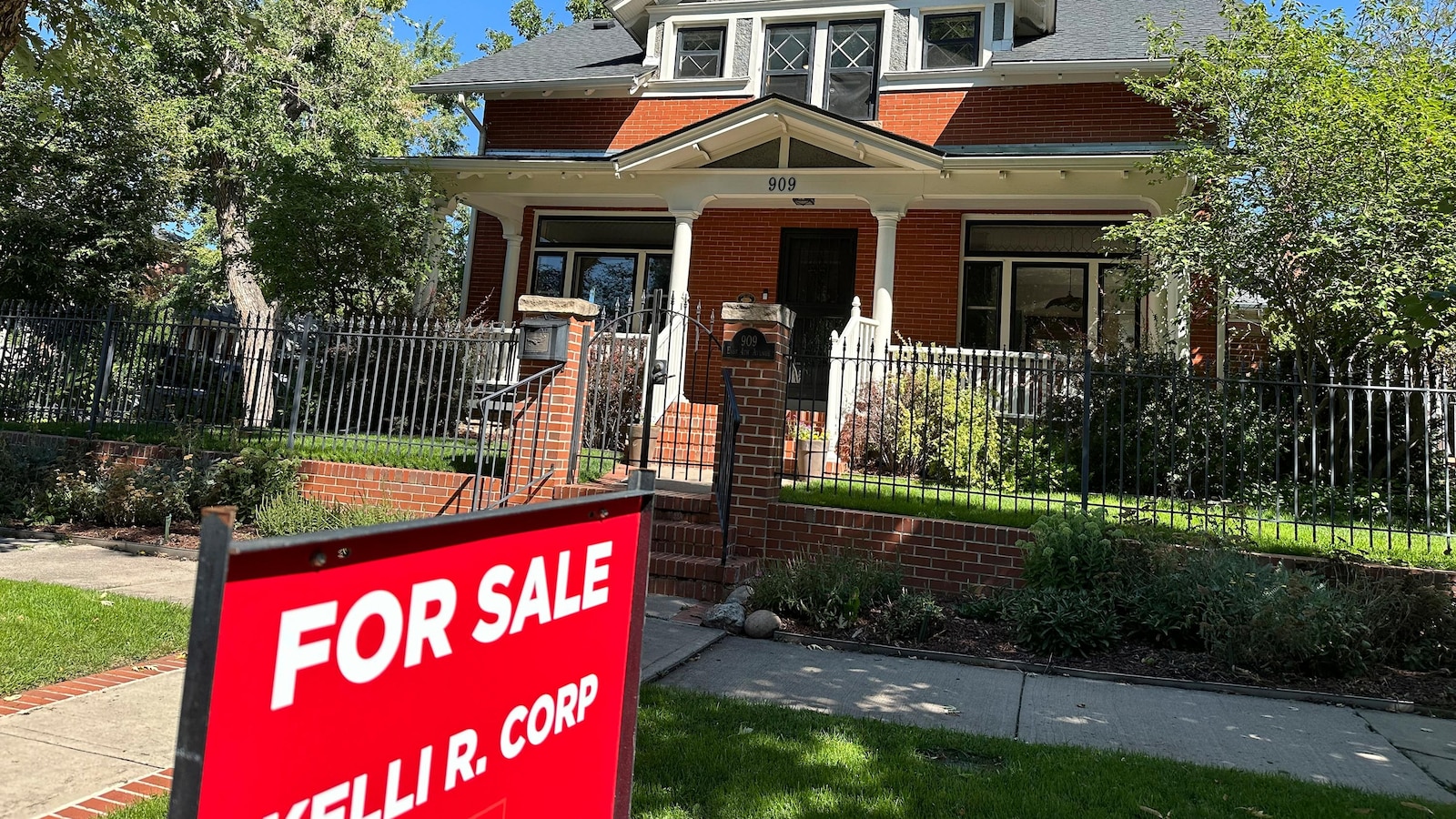Leaders from the Mercosur (Southern Common Market) and the European Union (EU) recently gathered in Brazil to discuss the long-awaited trade deal between the two blocs. However, hopes for a successful agreement have once again diminished, leaving many questioning the future of this ambitious trade partnership.
The Mercosur-EU trade deal has been in the works for over two decades, with negotiations starting in 1999. The aim of the agreement is to establish a comprehensive free trade area between the two regions, promoting economic growth, investment, and job creation. However, reaching a consensus has proven to be a challenging task due to various political and economic factors.
One of the main obstacles hindering the progress of the trade deal is the divergent interests and priorities of the participating countries. Mercosur consists of Argentina, Brazil, Paraguay, and Uruguay, each with its own set of economic and political considerations. On the other hand, the EU represents 27 member states with different industries and agricultural sectors to protect. Finding common ground that satisfies all parties involved has proven to be a complex endeavor.
Another significant hurdle is the increasing concern over environmental issues, particularly related to deforestation in the Amazon rainforest. European leaders have expressed their apprehension about signing a trade deal with Mercosur countries due to worries about the potential environmental impact. They fear that increased trade could lead to further deforestation and exacerbate climate change. This has led to calls for stricter environmental regulations and safeguards within the trade agreement, which has further complicated negotiations.
Furthermore, the COVID-19 pandemic has added another layer of complexity to the discussions. The global health crisis has disrupted supply chains, caused economic downturns, and shifted priorities for both regions. Governments have been focused on managing the pandemic and supporting their domestic economies, diverting attention and resources away from trade negotiations. This has slowed down progress and dampened hopes for a swift resolution.
Despite the challenges, there have been some positive developments in the negotiations. In 2019, the Mercosur-EU trade deal reached a preliminary agreement, signaling a significant step forward. However, the agreement still needs to be ratified by all member states, which is a lengthy process. Additionally, recent political changes in some Mercosur countries, such as Argentina and Brazil, have created uncertainties and potential shifts in priorities, further delaying progress.
The failure to reach a trade deal between Mercosur and the EU has broader implications beyond economic cooperation. It could impact geopolitical dynamics and regional integration efforts. The EU has been actively pursuing trade agreements with other regions, such as the Comprehensive Economic and Trade Agreement (CETA) with Canada and the recently signed Regional Comprehensive Economic Partnership (RCEP) with Asian countries. Failing to secure a deal with Mercosur could weaken the EU’s position in global trade negotiations and hinder its efforts to expand its influence.
In conclusion, the recent meeting of leaders from Mercosur and the EU in Brazil has once again highlighted the diminishing hopes for a successful trade deal. Divergent interests, concerns over environmental issues, the impact of the COVID-19 pandemic, and political changes within Mercosur countries have all contributed to the slow progress of negotiations. While there have been positive developments in the past, the future of this ambitious trade partnership remains uncertain.



